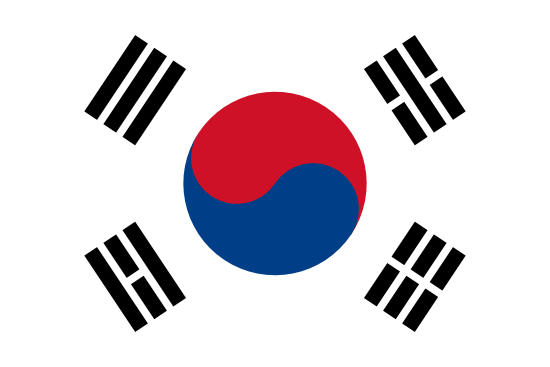
Health Insurance in South Korea, Asia
Information expatriation
Capital City: Seoul
Total area: 99,538 km2
Population: 48,224,000
Money: Currency Converter
Time Zone: List of time Zones by Country
Calling Code: +82 XXX
Practical Information:
Health Product: Travel Insurance and Health insurance
Health Insurance information and Sanitary Risk: World Health Map
BLOG: Expat Health insurance Information
Here is a brief description of the healthcare system in the country:
· South Korea has a universal healthcare system that aims to provide coverage to all its citizens and residents.
· It is a single-payer system funded through taxes, payroll deductions, and individual premiums paid to the National Health Insurance Service.
· Around 97% of the population is enrolled in this public health insurance program.
· Care is provided through private medical practitioners and clinics as well as public and private hospitals.
· Primary care serves as the first point of contact. Referrals are required to see specialists.
· Both outpatient and inpatient services are covered along with the cost of most procedures and medications.
· South Korea ranks among the top in terms of healthcare access and quality outcomes worldwide.
· However, challenges include an aging population straining the system and increasing healthcare costs.
· Reform aims to shift focus from acute to preventive care through medical check-ups and incentive programs.
· Key health issues are non-communicable diseases linked to lifestyle as well as infectious illnesses.
· Majority of hospitals use Electronic Medical Records for efficiency and data sharing between providers.
Here are some key health considerations for expatriates living in the country:
· Ensure you have the required health insurance coverage as a resident. Options include the public program or private plans.
· Register with a primary care clinic/doctor soon after arrival for routine and urgent medical needs.
· Learn key medical phrases in Korean to better communicate with providers as English ability varies.
· Follow cultural customs closely related to health like frequent medical checkups and preventive care emphasis.
· Monitor health impacts from lifestyle/diet changes and stress of cultural adjustment. Seek help as needed.
· Keep emergency contact information like your embassy with you at all times.
· Road and traffic safety risks exist due to volumes - cross only at designated areas.
· Bring adequate prescription supplies and copies of valid prescriptions.
· Vaccinations should be up-to-date for measles, influenza and others commonly required.
· Only drink bottled water until accustomed to local infrastructure and practices.
· Pay attention to air pollution advisories issued for major cities/regions.
